Robbie Geoghegan conducts a Q&A with Dennis Richardson and Frank De Groodt of Ultradyne and unveils the concept and premise behind the elusive outfit. A live—albeit slightly raw—mix from one of their most recent shows is also included as part of this profile.
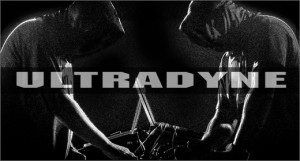 Igloo :: Some background guys, you’re from Detroit and The Netherlands. Tell us about your music background. When did you start getting into electronic music, and what inspired you to start making it yourself?
Igloo :: Some background guys, you’re from Detroit and The Netherlands. Tell us about your music background. When did you start getting into electronic music, and what inspired you to start making it yourself?
Dennis Richardson :: I grew up in a strict religious household so I could not listen to anything other than religious music. I would sneak and listen to the popular music of that era. I started playing the guitar when I was 12. My parents bought a guitar but I’m left handed and the guitar was strung for the right hand.It was very odd to learn how to play the guitar backwards. When I was able to buy my own electric guitar I wanted to play heavy metal. It wasn’t until I was in my late teens that I turned to electronic music. Shortly after that is when I met Gerald and James. Needless to say what happened next.
Frank De Groodt :: I got my father’s old Akai tape deck when I was 11 with which I recorded and cut up music from radio. A couple of years later I saved up enough to by me some really bad SL1200 imitation decks and played anything from Liaisons Dangereuses, Herbie Hancock to Psych and back to Ultramagnetic MC’s. At age 17, right before turning into a real douchebag, my parents made a wise decision and helped me out with the last couple of bucks to buy my first GM synth and a midi sequencer. A year after turning the synth inside out I was introduced to the Utrecht techno scene in the Netherlands. Got my first record out on U-Trax and hooked up with Random XS.
Looking back on the E.Coli EP on Warp from 1995, Ultradyne are now, almost, twenty years old. How has the musical message and style changed much in the last two decades?
Dennis :: I think the basis of the message has stayed the same. Understanding that the concept behind Ultradyne is a machine of ideas, that premise is constant. However the delivery of that message is what we change. We like to keep our sound unusual with the use of sounds, odd tempos, mixing techniques etc.
There have been extended periods of inactivity for Ultradyne. Was music being made during this hiatus period?
Dennis :: At some points yes. Other times it was the reinvention and re-inspiration of the concept through everyday life. There have been struggles with the direction in which the concept is going, typecasting of our style and performances, and even debates within myself on whether to put the concept to rest.
Download this mix! (Right click and ‘Save link as…’)
Now there have been different members of Ultradyne over the years. Can you tell us about who has been, and who is now, involved in the group?
Dennis :: Besides myself there have only been two additional members: Alex Lugo, and now Frank de Groodt.
Frank :: How I joined Ultradyne? Me and Dennis met in 2007 when Daz Quayle and I organized a SCSI-AV tour with Sonar Base and Ultradyne. After that we did the Majestic 12 project and a year later I joined Ultradyne.
Electro and Techno have been the mainstays of the Ultradyne sound. What do you think about contemporary artists and their attempts to tackle Electro and Techno? Likewise, how do you feel about the explosion of House music in recent years?
Dennis :: My opinion is a bit biased. I hear the music that labels call electro or techno and it sounds nothing like what I would consider as such. However, I understand that music must be relative to the current generation and this may be how this current generation wants to label it. But to answer your question I think the artists today are somewhat handicapped by technology and the ease at which it is to create a song. So we hear a lot of duplicated sounds and rhythms in electronic music today. It takes a lot of effort and imagination to make original sounds which in my opinion is the basis of electro and techno.
House music has always been an uplifting, accepting, and emotional style of music. It seems as though when society is depressed there’s a surge for something to raise people’s spirit. I think house music is one of those things. When house music first became popular in the very early 80’s it was during a time when we (Americans) were facing the Cold War, inflation, social class division, racial inequality etc. I remember the first time I heard house music and watching everyone regardless of their background, social status, political beliefs, etc get together, dance, and enjoy themselves. This day is a similar dynamic. It is fertile ground for the resurgence of House music.
Frank :: Electro, techno, house…. Give it a name. We create electronic music driven by our or our individual state of mind at a particular moment. A good example is the Resurrection: Catharsis release (PGM009) where ideas started by individual thoughts were complemented by the other. This even goes as far as the instrument parts of our songs, if one starts with an idea the other can complement it by adding a different/new layer to the song. But, if one doesn’t grasp the state the other member is in that’s ok too, Ultradyne is about the evolution of an idea which must and will evolve.
Since the early days of Ultradyne there have been huge technological advances with regard to electronic music. Are you guys still using the hardware of bygone days or has the computer age reached the Detroit studio?
Dennis :: We use anything and everything at our disposal to make our sounds in the studio.Both analog and computer based synthesizers. It’s hard to maintain analog equipment these days and some of the software out there does a decent job at replicating them but of course nothing can replace the real analog sound. However our recording and performance aspects have been computerized.
Frank :: We use both and choose what to use where we feel appropriate for the sound we want to create. Since we reside in different parts of the world these days we keep our studios aligned with the same hard and software and record our songs live when we visit each other.
Pi Gao Movement is Ultradyne’s central platform, how has it been running the label? Any plans for releases on other imprints?
Dennis :: The purpose of starting our own label was to be able to release music with complete freedom and at the same time maintain the integrity of the concept. It makes it easier to focus on the concept behind each record release when you do not to have a release schedule or a contract to worry about. We don’t have plans to release material on other labels however we have done, and are open to remixes and things for other labels and artists.
You guys played some gigs across Europe recently, how did they go?
Dennis :: We played in Vienna, Graz, Slovenia, and Barcelona. Each location was very unique in that the fans were different at each location. Playing live is a great opportunity to experiment and improvise. To me, it is the chance to present the concept of Ultradyne to the fans and others in real life.
Lastly, what are you into at the moment, what artists and labels are making their way into the Ultradyne record bag?
Dennis :: Right now I am listening to a lot of jazz/fusion and experimental based artists ie Philip Glass, Jean Luc Ponty
Frank :: A lot.
For more information about Ultradyne, visit www.pi-gaomovement.com.






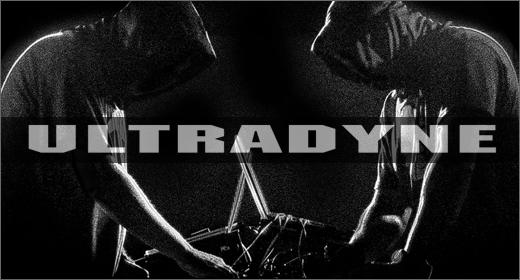




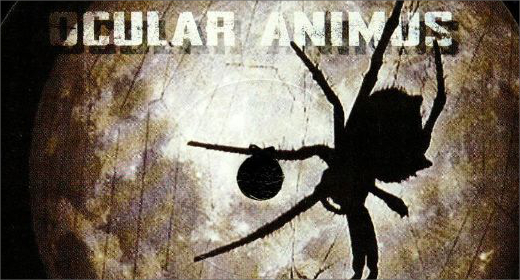
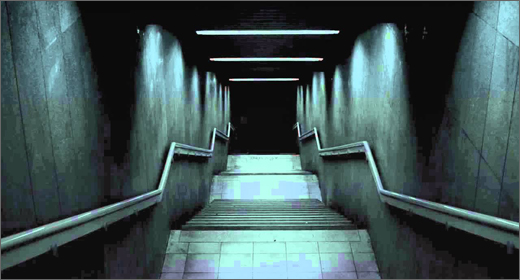
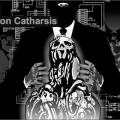
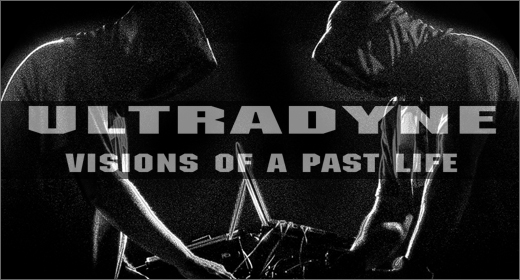
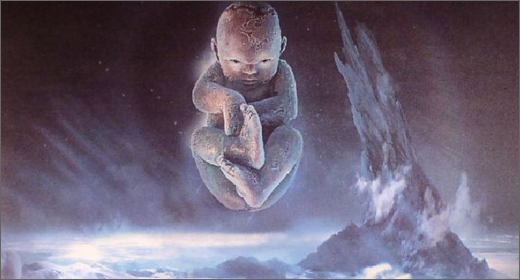
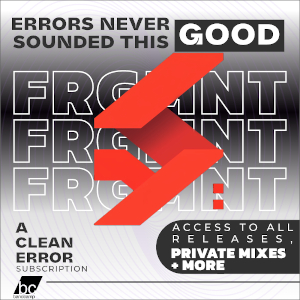




![ALEPH :: REFRACTOR EP (Renraku) — [concise]](https://igloomag.com/wp/wp-content/uploads/2025/03/alpeh-refractor_feat-75x75.jpg)
![ADJ :: Invasion Of The Compliant (Strange But Dance Music) — [concise]](https://igloomag.com/wp/wp-content/uploads/2025/03/adj-invasion-of-the-compliant_feat-75x75.jpg)




